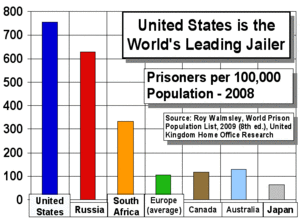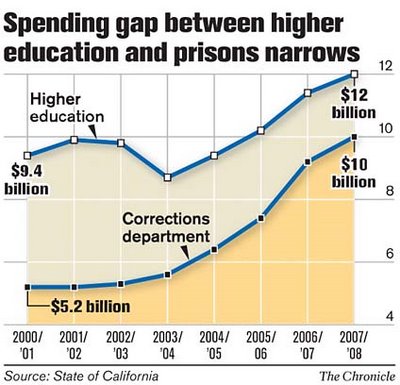 as they see fit and to issue bonds to pay for them, putting
we the taxpayers on the hook.
If this bill passes, VLCIA could issue bonds for a private prison,
a biomass plant, a coal plant (apparently not a coincindence; see below),
a toll road, a private railroad,
or whatever it felt like.
It wouldn’t even need
cooperation by elected officials.
It wouldn’t have to go to the Lowndes County Commission for permission,
like
VLCIA did for $15 million in bonds to buy real estate.
The Industrial Authority could just issue the bonds itself!
And we the taxpayers who would have to pay for it?
We’ll just get to pay, that’s all.
There’s still time to stop it in the Georgia Senate.
as they see fit and to issue bonds to pay for them, putting
we the taxpayers on the hook.
If this bill passes, VLCIA could issue bonds for a private prison,
a biomass plant, a coal plant (apparently not a coincindence; see below),
a toll road, a private railroad,
or whatever it felt like.
It wouldn’t even need
cooperation by elected officials.
It wouldn’t have to go to the Lowndes County Commission for permission,
like
VLCIA did for $15 million in bonds to buy real estate.
The Industrial Authority could just issue the bonds itself!
And we the taxpayers who would have to pay for it?
We’ll just get to pay, that’s all.
There’s still time to stop it in the Georgia Senate.
Maybe HB 475 should be called the “Easy Jobs for Cronies Act”. It adds various definitions of public-private partnership, and then throws in a wild card: Continue reading










 Frequent attendees told me the audience was much larger
than in previous years, and one attributed that to the recent
school consolidation referendum.
Sitting side by side were Chamber Chair Tom Gooding and
FVCS President Sam Allen.
Frequent attendees told me the audience was much larger
than in previous years, and one attributed that to the recent
school consolidation referendum.
Sitting side by side were Chamber Chair Tom Gooding and
FVCS President Sam Allen.
 Jeff Hanson introduced the legislators.
He’s the Chair of the Chamber’s
Jeff Hanson introduced the legislators.
He’s the Chair of the Chamber’s
 “Dr. Z” as Tim Golden called him.
“Dr. Z” as Tim Golden called him.


